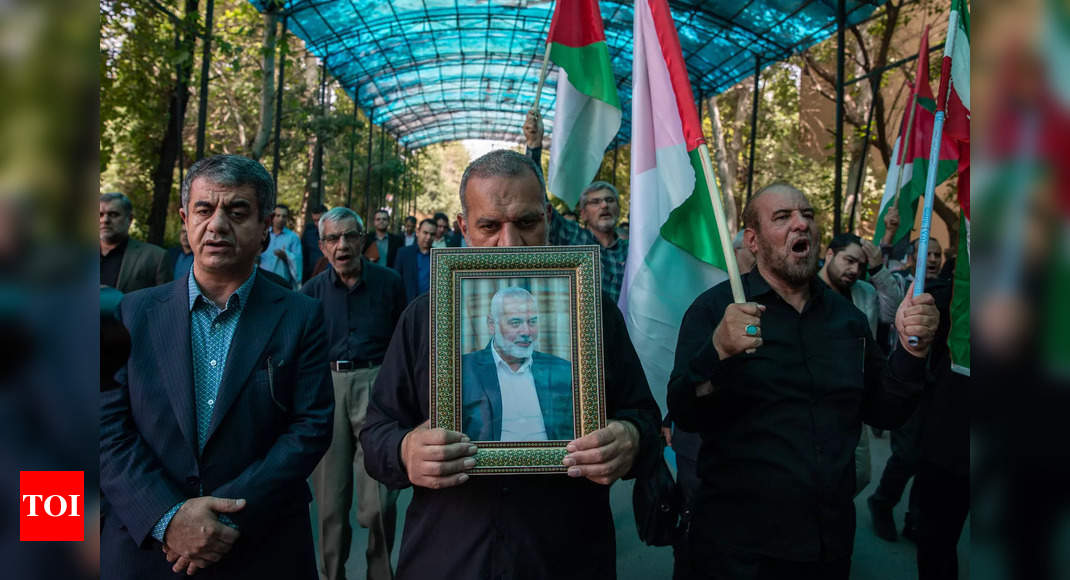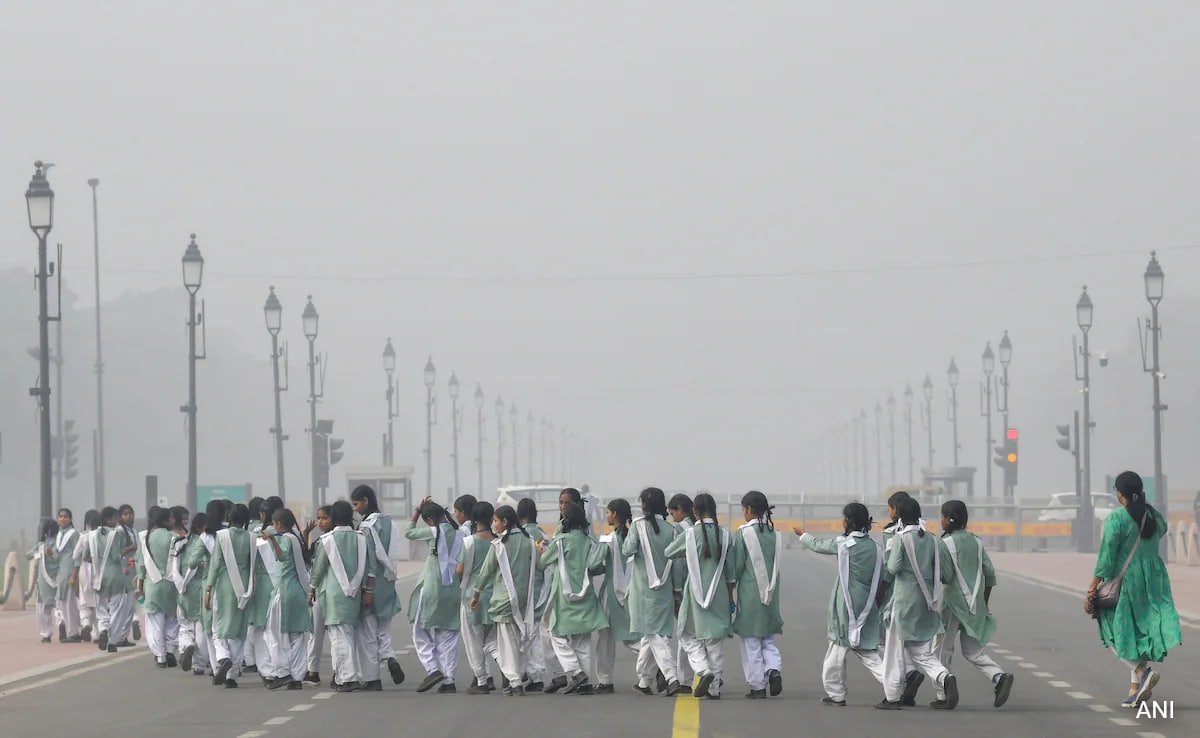
The assassination of Hamas’s political leader, Ismail Haniyeh, in Tehran has sent shockwaves through the region, potentially setting the stage for increased tensions and retaliatory actions against Israel. The strike, which Hamas has blamed on Israel, has left the Islamist movement scrambling to find a new leader while raising concerns about the direction the group will take amid ongoing conflict.
Haniyeh’s death comes almost ten months into the latest Gaza war, a conflict that shows no signs of a ceasefire. With his deputy, Saleh al-Aruri, also killed earlier this year in a strike in Lebanon, two names have emerged as possible successors: Musa Abu Marzuk and Khalil al-Haya.
Musa Abu Marzuk, a member of Hamas’s political bureau, is seen as a more moderate figure within the movement. He has a history of advocating for a Palestinian state based on the 1967 borders and has participated in indirect talks with Israel. However, his moderate stance may clash with the armed wing of Hamas, which is less inclined towards diplomatic solutions.
Khalil al-Haya, on the other hand, is closely aligned with the armed wing’s chief, Yahya Sinwar. Known for his staunch support of armed resistance against Israel, Haya’s rise to leadership could signal a shift towards more aggressive tactics. His personal history of loss to Israeli airstrikes and his leadership during Hamas’s 2006 electoral victory position him as a strong contender, especially among hardliners within the movement.
There is also speculation that Khaled Meshaal, who previously led Hamas, could make a return to leadership. Meshaal’s experience and previous tenure might offer stability during this tumultuous time.
Analysts are divided on the impact of Haniyeh’s assassination. Joost Hiltermann of the International Crisis Group believes that while the loss is significant, Hamas has “plenty of leadership material” to continue its operations. However, Hugh Lovatt of the European Council on Foreign Relations warns that the assassination could embolden hardliners within Hamas, leading to a more radicalized and potentially more violent phase in the conflict.
The ongoing war, which erupted after Hamas’s attacks on Israel on October 7, has claimed thousands of lives on both sides, with heavy casualties reported in Gaza. The killing of Haniyeh could also derail any progress in ceasefire negotiations, particularly as Haniyeh’s political leadership, based in Doha, had been pushing for a ceasefire and the release of Israeli hostages held in Gaza.
The strike in Tehran is not an isolated incident. It follows Israel’s reported assassination of a Hezbollah commander in Beirut, an event linked to recent rocket attacks on the Golan Heights. The situation has led to fears of wider regional escalation, with Hamas’s armed wing warning of “enormous consequences” for the region following Haniyeh’s death.
Regional analysts caution that while the situation is volatile, it is unlikely that Iran, a key backer of Hamas, will engage in full-scale war with Israel unless its vital interests are directly threatened. However, the risk of spiraling violence remains, especially with various Iran-backed groups involved in the conflict.
Haniyeh’s death comes almost ten months into the latest Gaza war, a conflict that shows no signs of a ceasefire. With his deputy, Saleh al-Aruri, also killed earlier this year in a strike in Lebanon, two names have emerged as possible successors: Musa Abu Marzuk and Khalil al-Haya.
Musa Abu Marzuk, a member of Hamas’s political bureau, is seen as a more moderate figure within the movement. He has a history of advocating for a Palestinian state based on the 1967 borders and has participated in indirect talks with Israel. However, his moderate stance may clash with the armed wing of Hamas, which is less inclined towards diplomatic solutions.
Khalil al-Haya, on the other hand, is closely aligned with the armed wing’s chief, Yahya Sinwar. Known for his staunch support of armed resistance against Israel, Haya’s rise to leadership could signal a shift towards more aggressive tactics. His personal history of loss to Israeli airstrikes and his leadership during Hamas’s 2006 electoral victory position him as a strong contender, especially among hardliners within the movement.
There is also speculation that Khaled Meshaal, who previously led Hamas, could make a return to leadership. Meshaal’s experience and previous tenure might offer stability during this tumultuous time.
Analysts are divided on the impact of Haniyeh’s assassination. Joost Hiltermann of the International Crisis Group believes that while the loss is significant, Hamas has “plenty of leadership material” to continue its operations. However, Hugh Lovatt of the European Council on Foreign Relations warns that the assassination could embolden hardliners within Hamas, leading to a more radicalized and potentially more violent phase in the conflict.
The ongoing war, which erupted after Hamas’s attacks on Israel on October 7, has claimed thousands of lives on both sides, with heavy casualties reported in Gaza. The killing of Haniyeh could also derail any progress in ceasefire negotiations, particularly as Haniyeh’s political leadership, based in Doha, had been pushing for a ceasefire and the release of Israeli hostages held in Gaza.
The strike in Tehran is not an isolated incident. It follows Israel’s reported assassination of a Hezbollah commander in Beirut, an event linked to recent rocket attacks on the Golan Heights. The situation has led to fears of wider regional escalation, with Hamas’s armed wing warning of “enormous consequences” for the region following Haniyeh’s death.
Regional analysts caution that while the situation is volatile, it is unlikely that Iran, a key backer of Hamas, will engage in full-scale war with Israel unless its vital interests are directly threatened. However, the risk of spiraling violence remains, especially with various Iran-backed groups involved in the conflict.








